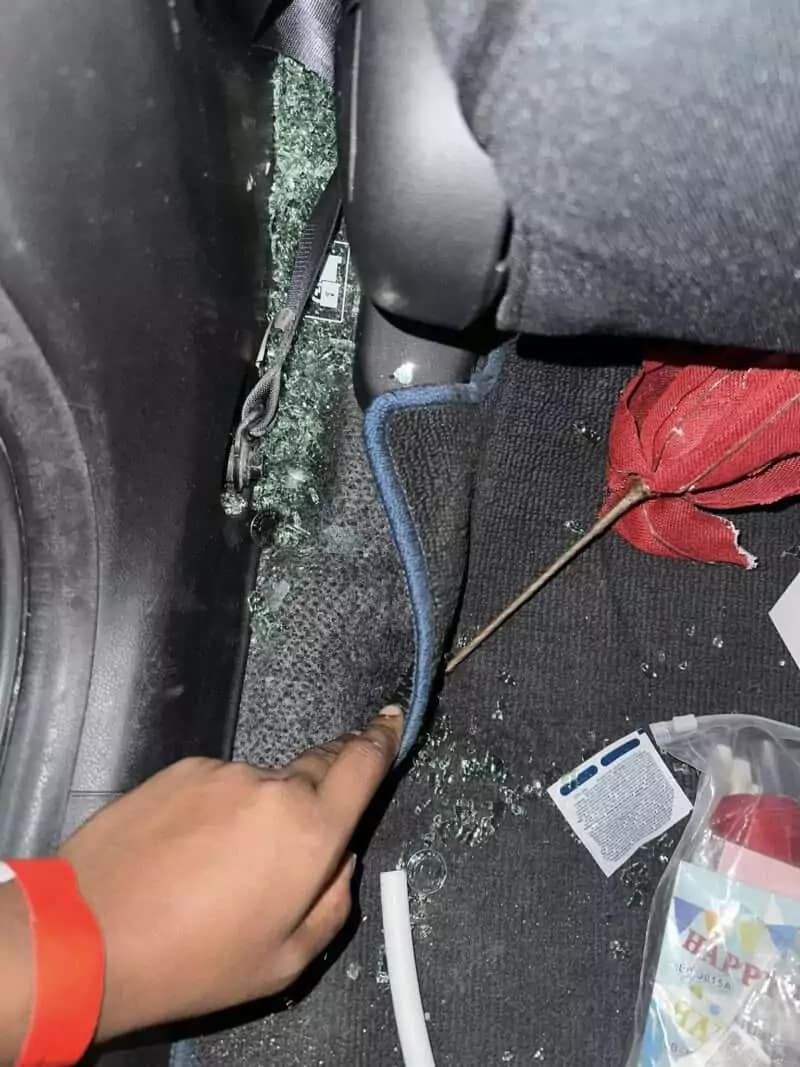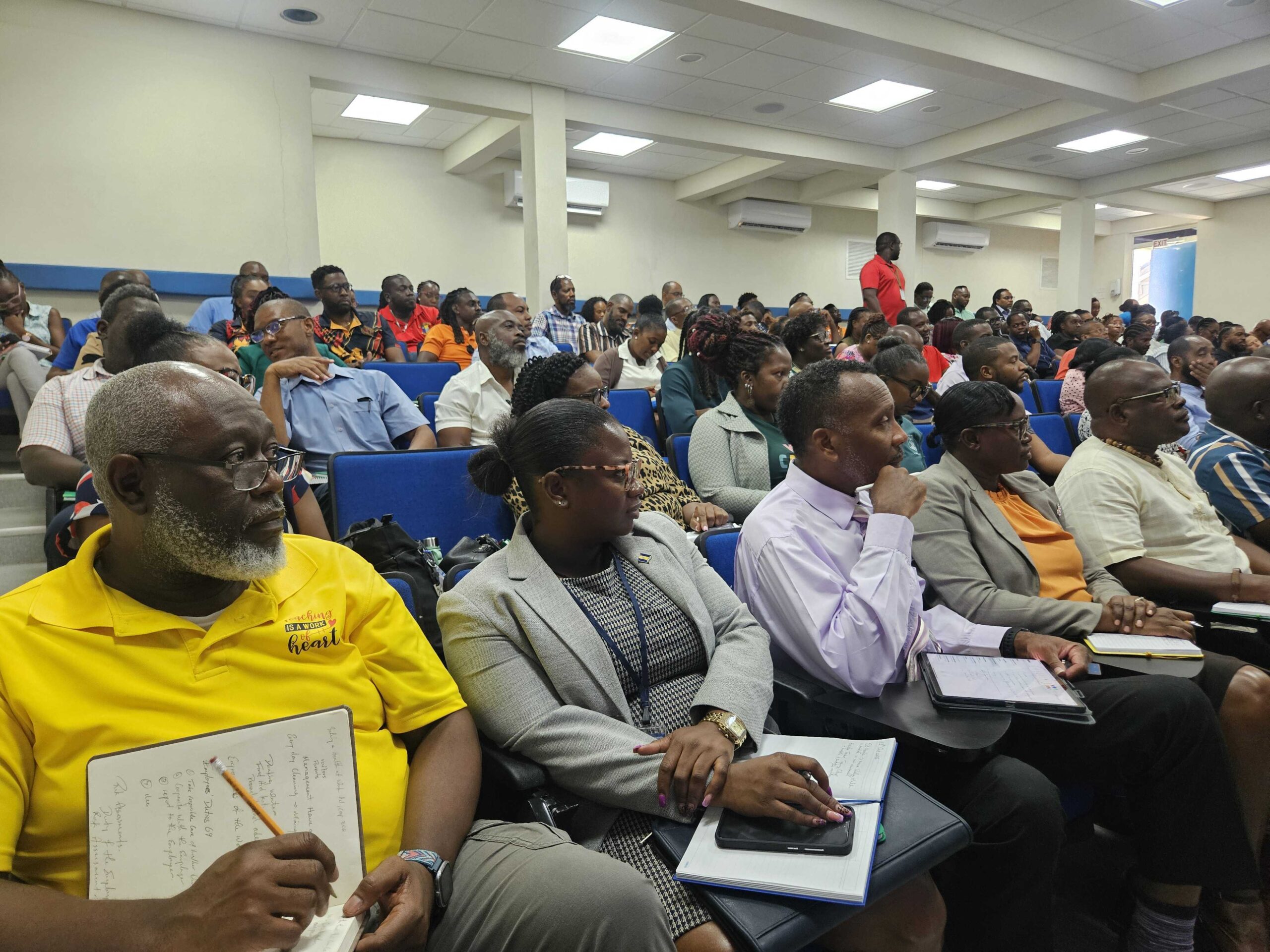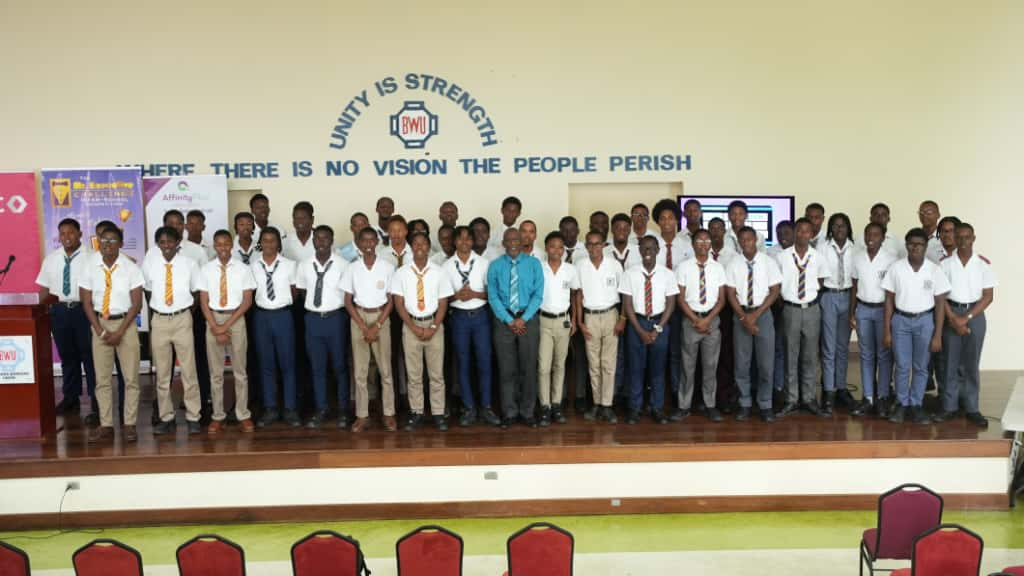A heartbreaking incident unfolded on Sunday evening in the village of Kajapatie, where three-year-old Morjello Vaniel tragically drowned. The Atjoni police station received a report of the incident around 10:05 PM. Initial investigations revealed that the young boy had been bathing in a river near the village earlier that evening, around 6:00 PM, under the supervision of his aunt. At some point, Morjello went missing from sight. Despite immediate search efforts, only his underwear was initially found. The search resumed on Monday morning, leading to the recovery of the toddler’s lifeless body. Following consultation with the Public Prosecutor’s Office, the remains were handed over to the grieving family.
分类: society
-
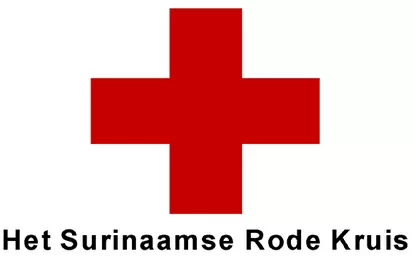
SRK pleit voor VN-verdrag ter bescherming bij rampen
On the International Day for Disaster Risk Reduction, October 13, the Surinamese Red Cross (SRK) has issued a compelling call for a robust global legal framework to better protect individuals during disasters. This appeal aligns with the United Nations’ resolution to develop the first international treaty aimed at safeguarding people in disaster scenarios, which is slated for completion by 2027. According to the SRK, this treaty represents a historic opportunity to enhance international cooperation, accelerate the efficiency of humanitarian aid, and encourage nations to invest more in disaster prevention. Melvin Tjon Sie Fat, Chairman of the SRK, emphasized, ‘When disaster strikes, every second counts. People have the right to protection, dignity, and swift assistance. This treaty can save lives by organizing aid more effectively and removing obstacles.’ The urgency for such a treaty is underscored by the fact that in 2024 alone, over 146 million people globally were affected by disasters—an 11% increase compared to the five-year average—with economic damages amounting to $310 billion. Suriname, too, is increasingly feeling the impact of disasters, with floods, storms, and climate change effects threatening communities, particularly vulnerable groups. The proposed UN treaty emphasizes the importance of preparation and prevention, advocating for investments in risk reduction measures such as sustainable infrastructure, early warning systems, and strong local networks. The SRK has been collaborating with national and international partners to bolster the resilience of Surinamese communities through disaster preparedness training, strengthening local volunteer networks, and raising awareness about climate risks. The International Federation of Red Cross and Red Crescent Societies (IFRC) supports over 95 governments worldwide in improving disaster legislation, with national associations like the SRK playing a pivotal role. ‘Our volunteers are on the front lines when aid is most needed. A solid legal framework ensures they can act swiftly, are better protected, and can deliver aid more effectively,’ Tjon Sie Fat added. The SRK is urging the Surinamese government to actively support the UN process and work with other nations to create a strong and equitable treaty. ‘Disasters don’t wait—and neither should our actions. This treaty is a chance to translate international solidarity into concrete protection of human lives,’ Tjon Sie Fat concluded. Additionally, the SRK is calling on schools, youth organizations, and community institutions to actively involve young people in disaster preparedness, ensuring that everyone, young and old, can contribute to a more resilient Suriname.
-
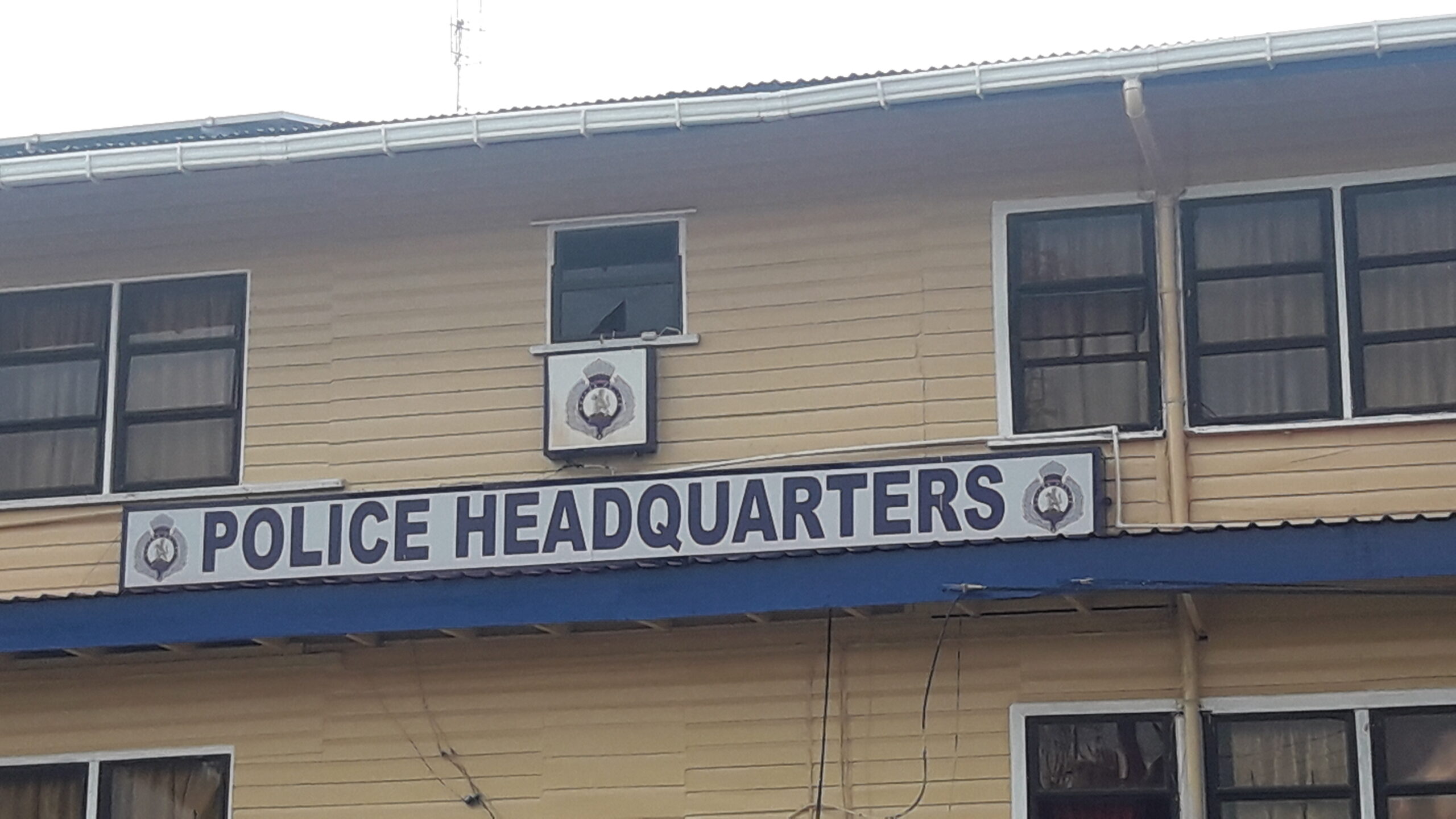
Officer, sergeant transferred from Police Academy for “inappropriate conduct”
In a significant development at the Guyana Police Force Academy’s Georgetown campus, an officer and three sergeants have been reassigned following allegations of “inappropriate conduct.” The Guyana Police Force confirmed the transfers, emphasizing that the matter is being treated with utmost seriousness. The investigation, led by the Office of Professional Responsibility (OPR), has concluded, with statements collected from several Academy staff members and recruits. The case file is set to be forwarded to the Director of Public Prosecution on October 13, 2025, for further legal guidance. The OPR, which reports directly to the Police Commissioner, initiated the probe after the incidents were brought to the Commissioner’s attention. This move underscores the Police Force’s commitment to maintaining integrity and accountability within its ranks. The outcome of this case could have broader implications for the institution’s internal governance and public trust.
-
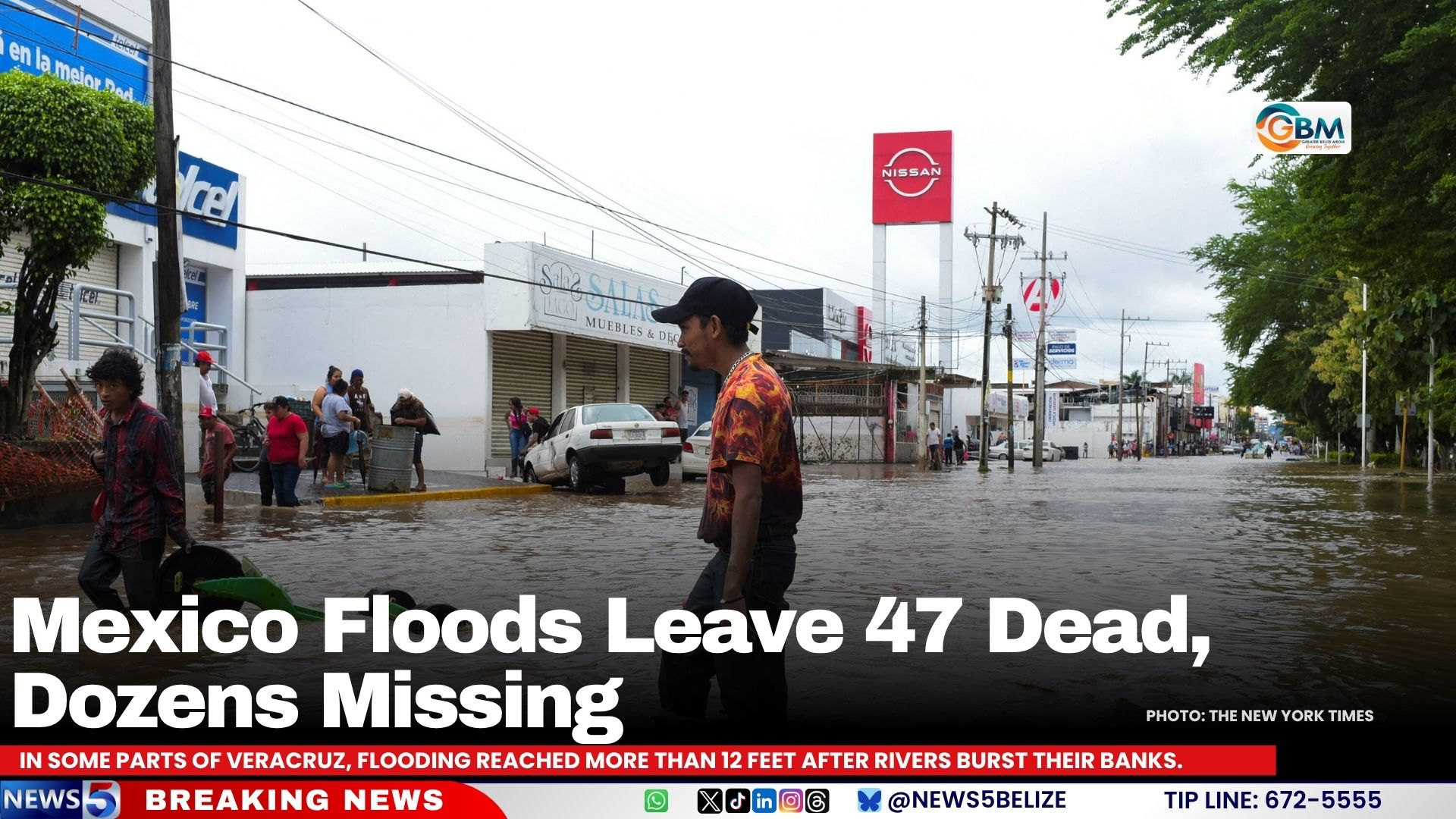
Mexico Floods Leave 47 Dead, Dozens Missing
Mexico is grappling with a devastating humanitarian crisis as torrential rains from Hurricane Priscilla and Tropical Storm Raymond have caused catastrophic floods and landslides, leaving at least 47 people dead and 38 others missing. The states of Veracruz, Hidalgo, and Puebla have been the hardest hit, with Veracruz reporting 18 fatalities, Hidalgo 16, and Puebla 12. Rescue operations are underway, with the Mexican Army, Air Force, and National Guard mobilizing to deliver essential supplies, including food, water, and medical aid, to affected areas. In some regions of Veracruz, floodwaters surged to over 12 feet after rivers overflowed, exacerbating the destruction. President Claudia Sheinbaum visited the impacted towns on Sunday to assess the damage and coordinate relief efforts. The Civil Protection agency has confirmed the ongoing search for missing individuals, while rescue teams work tirelessly to evacuate residents and provide emergency care. The dual tropical systems have now dissipated, but the aftermath continues to pose significant challenges for recovery and rebuilding.
-

Call for urgent action to close Caribbean water security gap
Alva Browne, Permanent Secretary of Grenada’s Ministry of Infrastructure, Public Utilities, Civil Aviation and Transportation, has issued a compelling call for urgent measures to bridge the water security gap in the Caribbean. Speaking at the Regional Water Week 2025 in Chile, Browne emphasized the pressing challenges faced by Caribbean Small Island Developing States (SIDS), including Grenada, due to hydro-climatic extremes. He highlighted the region’s oscillation between severe droughts and devastating floods, as exemplified by Grenada’s 2024 water crisis followed by catastrophic flooding. Browne underscored the necessity of long-term solutions, such as infrastructure upgrades, enhanced water management, and conservation efforts, while acknowledging Grenada’s progress through initiatives like the G-CREWS Project. This initiative focuses on modernizing infrastructure, institutional reforms, and establishing a Water Resource Management Unit. Additionally, Browne praised regional efforts by countries like Trinidad and Tobago, Barbados, St. Lucia, and Guyana to integrate water management into climate adaptation and sustainable development strategies. He stressed the importance of moving from planning to action, emphasizing three critical pillars: integration, investment, and inclusion. Browne also commended regional organizations like GWP-Caribbean, CDEMA, CARPHA, and the Caribbean Water and Wastewater Association for fostering knowledge exchange and preparedness. Concluding his address, Browne called for collaborative action, urging the Caribbean to work with Latin American partners, the European Union, and the global community to ensure the next decade is marked by tangible progress rather than continued analysis.

